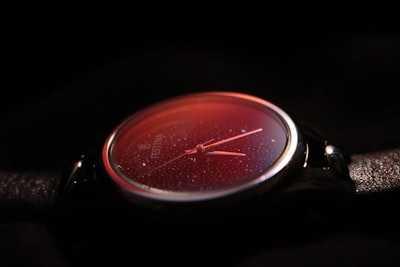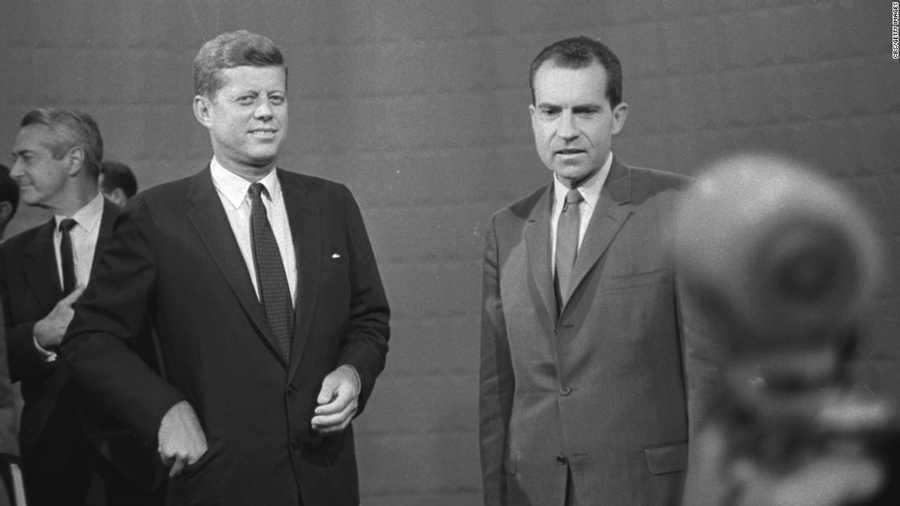Breaking News, Analysis, Politics, Blogs, News Photos, Video, Tech Reviews - TIME.com
Curated from: content.time.com
Ideas, facts & insights covering these topics:
2 ideas
·271 reads
4
Explore the World's Best Ideas
Join today and uncover 100+ curated journeys from 50+ topics. Unlock access to our mobile app with extensive features.
The first televised debate
The first televised debate from 1960 between John F. Kennedy and Richard Nixon helped Kennedy become more popular, only because of his good looks, while Nixon, just recovered from a recent hospitalization, lost points.
The impact of the television could be easily seen then, as the people who listened to the debate on the radio thought Nixon had won, while the ones watching TV thought Kennedy had.
24
144 reads
The influence of TV on politics
Ever since the first televised debate between Kennedy and Nixon, back in 1960, television has been playing an essential role in influencing people's political choices. After sixteen years of break, starting with 1976, televised debates have become standard practice in politics.
What is maybe the most interesting about how television influenced politics is the fact that individuals, as well as parties, are now taking into account additional factors when judging the candidates, such as looks and the ability to debate.
25
127 reads
IDEAS CURATED BY
"Innovation distinguishes between a leader and a follower." - Steve Jobs. Striving not to be a follower.
Thea F.'s ideas are part of this journey:
Learn more about personaldevelopment with this collection
How to establish a positive team culture
How to collaborate effectively
How to build trust with a new team
Related collections
Similar ideas
11 ideas
10 presidential debates that made an impact
nbcnews.com
Read & Learn
20x Faster
without
deepstash
with
deepstash
with
deepstash
Personalized microlearning
—
100+ Learning Journeys
—
Access to 200,000+ ideas
—
Access to the mobile app
—
Unlimited idea saving
—
—
Unlimited history
—
—
Unlimited listening to ideas
—
—
Downloading & offline access
—
—
Supercharge your mind with one idea per day
Enter your email and spend 1 minute every day to learn something new.
I agree to receive email updates

